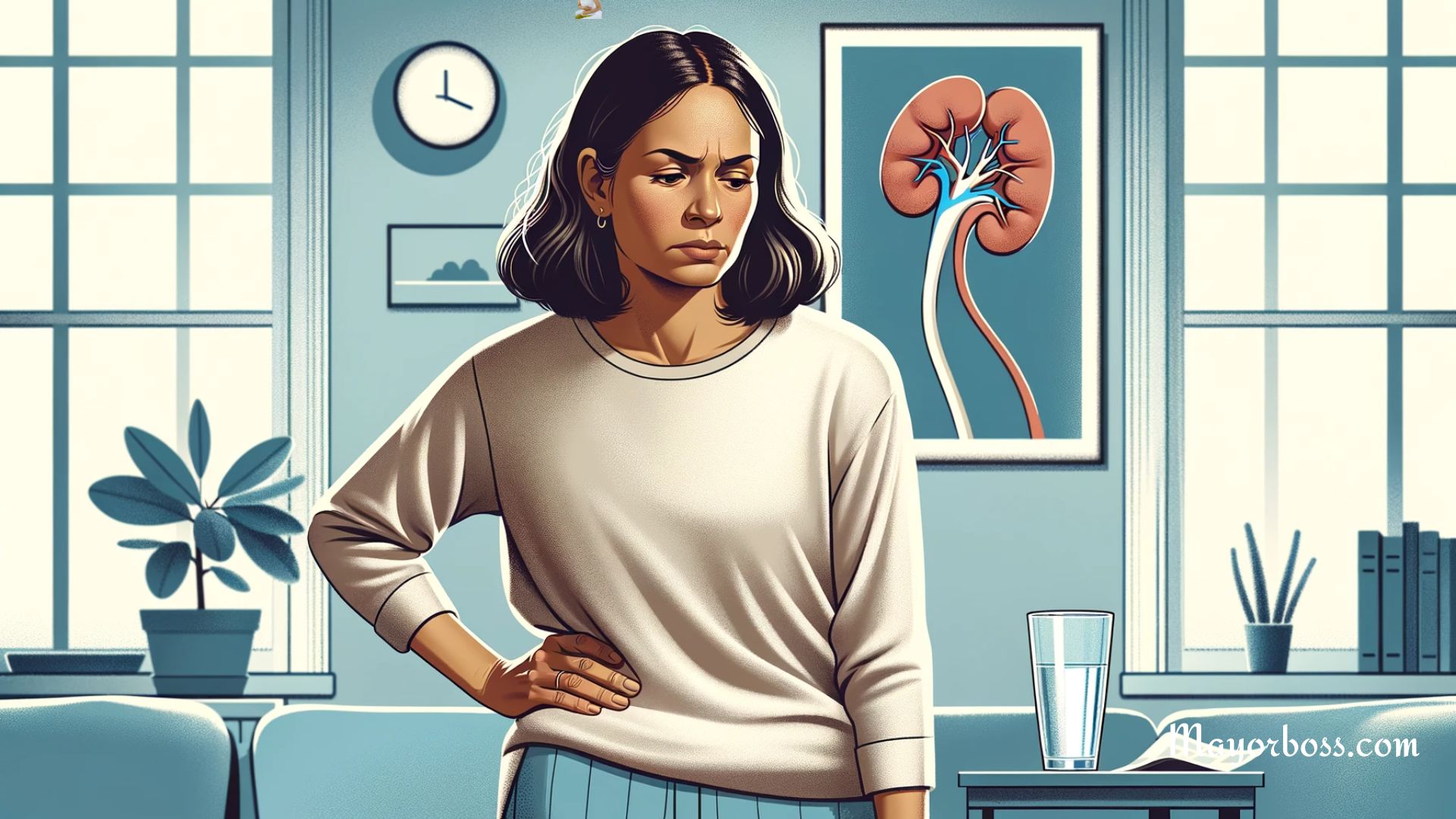What Happens To Your Kidneys When You Don’t Drink Enough Water
Hydration is crucial for sustaining overall health, and your kidneys play a pivotal role in this process. When you don’t drink enough water, your kidneys, which are vital organs for filtering waste from your blood and maintaining your body’s fluid balance, can suffer. Let’s delve into what happens to your kidneys when they don’t receive adequate hydration.

The Role of Water in Kidney Function
Water is the vehicle that helps your kidneys remove waste from your blood in the form of urine. Adequate water intake helps your kidneys function efficiently. When you’re well-hydrated, urine flows freely, is light in color, and is free of odor. When your body is lacking water, your kidneys preserve as much fluid as possible to sustain bodily functions, which can interfere with their ability to cleanse the blood effectively.
The Impact of Dehydration on Kidneys
Reduced Filtration Efficiency
When you’re not drinking enough water, the volume of blood circulating through your body decreases. This reduced blood flow hampers the kidneys’ ability to filter blood effectively. As a result, waste materials can start to accumulate in your body, potentially leading to various health complications.
Increased Risk of Kidney Stones
One of the most well-known risks associated with chronic dehydration is the formation of kidney stones. These are hard deposits produced by minerals and salts that constitute inside your kidneys. Adequate hydration is essential to prevent the minerals in your urine from crystallizing and forming stones.
Urinary Tract Infections (UTIs)
Dehydration can lead to a lower volume of urine. Less urine means the bladder isn’t being flushed out as frequently, which can lead to the development of UTIs. These infections are not only painful but can also further damage your kidneys if left untreated.
Potential for Kidney Damage
Prolonged dehydration can lead to a decrease in kidney function. This reduction can be temporary or permanent, depending on the severity and duration of the dehydration. In extreme cases, it can lead to acute kidney injury (AKI), a serious condition that requires immediate medical attention.
Recognizing Dehydration
Now that you understand the risks, it’s crucial to recognize the signs of dehydration:
If you notice these symptoms, it’s important to increase your fluid intake and consult a healthcare provider if the symptoms persist or worsen.
Signs of Dehydration
You might wonder how to know if you’re dehydrated. Here are some signs:
- Dark urine
- Reduced urine output
- Fatigue
- Dizziness
- Dry mouth and lips
If you notice these symptoms, increase your water intake and monitor your condition. If symptoms persist, consult a healthcare professional.
How Much Water Should You Drink?
The amount of water you need depends on various factors, including your health, activity level, and climate. A general rule is to drink at least eight 8-ounce glasses of water a day, known as the 8×8 rule. However, some people may need more, especially those who are active, live in hot climates, or have certain medical conditions.
In Conclusion
Your kidneys depend on you to take good care of your body, and that includes staying properly hydrated. While the occasional lapse won’t lead to chronic kidney disease, making a habit of not drinking enough water can lead to serious health issues over time. So, keep that water bottle handy and sip your way to better kidney health! Remember, if you have any underlying health conditions or need specific advice about your water intake, consult your healthcare provider for guidance tailored to your needs. Drink up and stay healthy!






